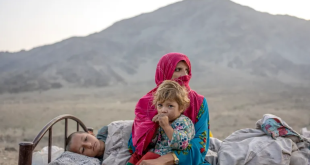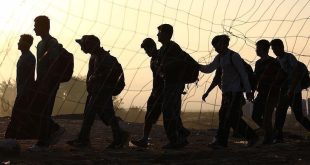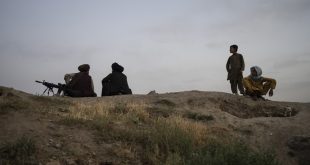AT News
Kabul: The International Organization for Migration (IOM) said that 1,031,757 Afghan refugees have been deported by Iran this year.
According to the organization, 28,000 Afghan refugees were returned in only the last week of October.
IOM said in a statement that the increasing number of deportations was leading Afghanistan toward more challenges.
“The majority were deported, returning to Afghanistan often broke and broken, in need of health support, food and rest,” said IOM director general Antonio Vitorino. “The task of reuniting with family and reintegrating into communities — especially for those who have been in Iran or Pakistan for years — is tremendously difficult considering the high levels of unemployment and food insecurity,” Vitorino added.
Iran’s special envoy to Afghanistan, Hassan Kazemi Qomi, said that Tehran was a “good host for Afghan refugees,” but it doesn’t have the capacity to host more refugees.
“Due to the rapid political changes, a massive wave of Afghan refugees came to our borders. We should make a program to prevent these migrations. We should seek a resolution,” said Qomi.
The Islamic Emirate earlier called on the international community to help with Afghanistan’s economy in order to prevent another wave of illegal migrants to foreign countries.
Human Rights Watch (HRW) in a report expressed concerns over the problems of Afghan refugees on the borders of neighboring and European countries.
“The Iranian government took some steps towards our citizens which are clearly in contrast with the UN international convention,” said Lala Gul Lal, head of the HRW on Monday. “We strongly condemn the remarks of the Iran government and call on the UN to prevent Iran’s actions against migrants.”
This comes as the UN High Commissioner for Refugees (UNHCR) provided cash for at least 5,000 war- and drought-displaced families in the west of Afghanistan.
The UN organization provided each of the families with 265 dollars in cash.
The officials within the provincial refugee department said that the aid would help the displaced families to return to their permanent residences.
 Afghanistan Times
Afghanistan Times




